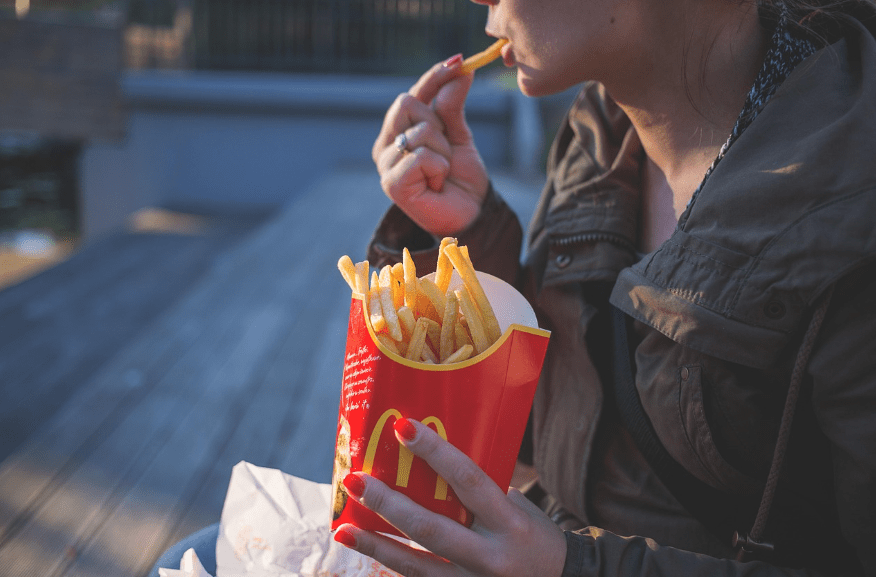Teenagers glued to their phones may be doing more than just doomscrolling — they could be sabotaging their health, according to new research linking excessive social media use to poor dietary habits.
A global study led by the University of Queensland has revealed that adolescents who frequently or compulsively use social media are more likely to skip breakfast and consume high levels of sugary drinks and junk food, potentially paving the way for serious long-term health issues.
“This is the first multi-national study to offer insights into how social media behaviours are linked to adolescents’ dietary choices,’’ said Associate Professor Asaduzzaman Khan from UQ’s School of Health and Rehabilitation Sciences, who led the research.
The team analysed data from the Health Behaviour in School-Aged Children survey, which included 222,865 adolescents from 41 countries. Their findings paint a stark picture of how digital habits may be influencing what ends up on young people’s plates.
“As social media use continues to rise, it’s important to access what potential harm its use may be doing to our kids,’’ Dr Khan said.
The study assessed two forms of social media behaviour: excessive use — defined as frequent or prolonged engagement — and problematic use, which resembles addiction with compulsive and uncontrollable patterns.

The cost of constant connection
Both excessive and problematic use were associated with skipping breakfast and increased consumption of sweets and sugary beverages. Worryingly, problematic use was also linked to lower intake of fruits and vegetables.
“These poor dietary habits are potential risk factors for obesity, weakened immune system, mental well-being, and chronic conditions including diabetes, hypertension, and cardiovascular issues later in life,” Dr Khan said.

The findings highlight an emerging public health challenge: how to support young people in navigating digital spaces while maintaining a balanced, nutritious diet.
“The challenge is how, as a family, as a community, we are going to deal with it, so we are using the technology without letting our kids harm themselves,” Dr Khan said. “We cannot simply live our life without social media or without screens but there is a need for education in the community.’’
While excessive social media use was paradoxically linked to slightly higher fruit and vegetable consumption — possibly due to the influence of health-conscious influencers — researchers warned that this doesn’t offset the broader dietary concerns.
“Adolescents in the problematic use category may be engaging in mindless eating of unhealthy snacks while scrolling, with limited time for meal preparation,” the study noted.
A critical window for change
Dr Khan said adolescence represents a critical period for establishing long-term eating habits, making it vital to address lifestyle choices early.
“This is a period characterised by autonomy in eating behaviours and establishment of new personal habits,’’ he said.
Published in Pediatric Research, the study adds to growing concerns about how social media use may be shaping not only how teens see themselves, but also how they nourish themselves — or fail to.

